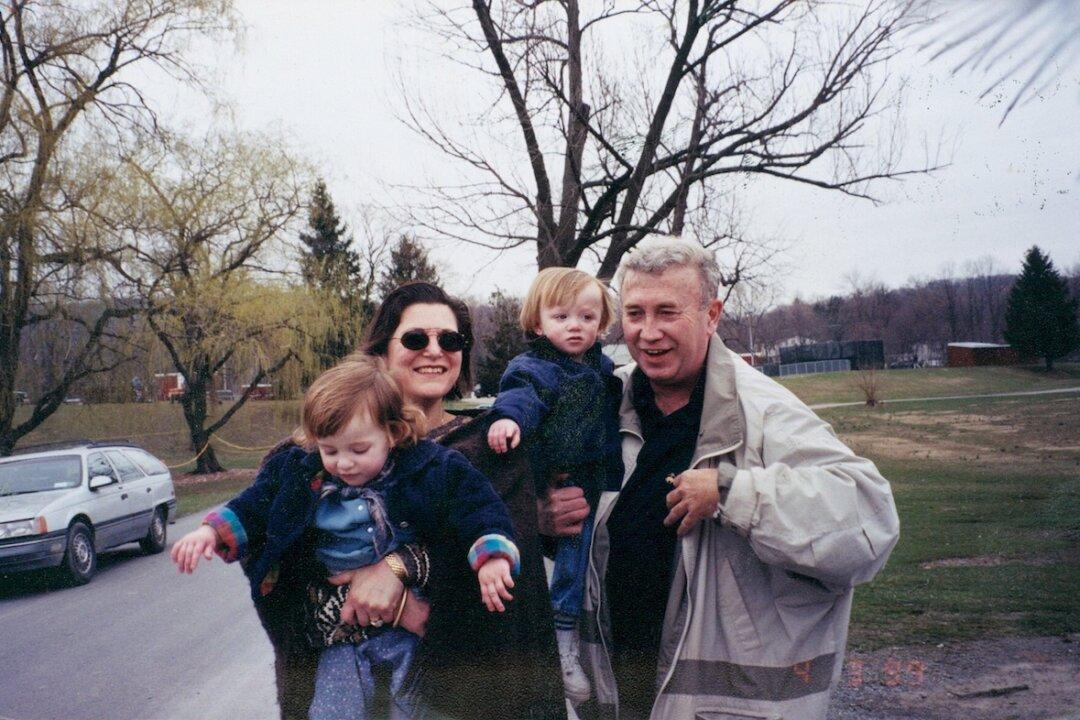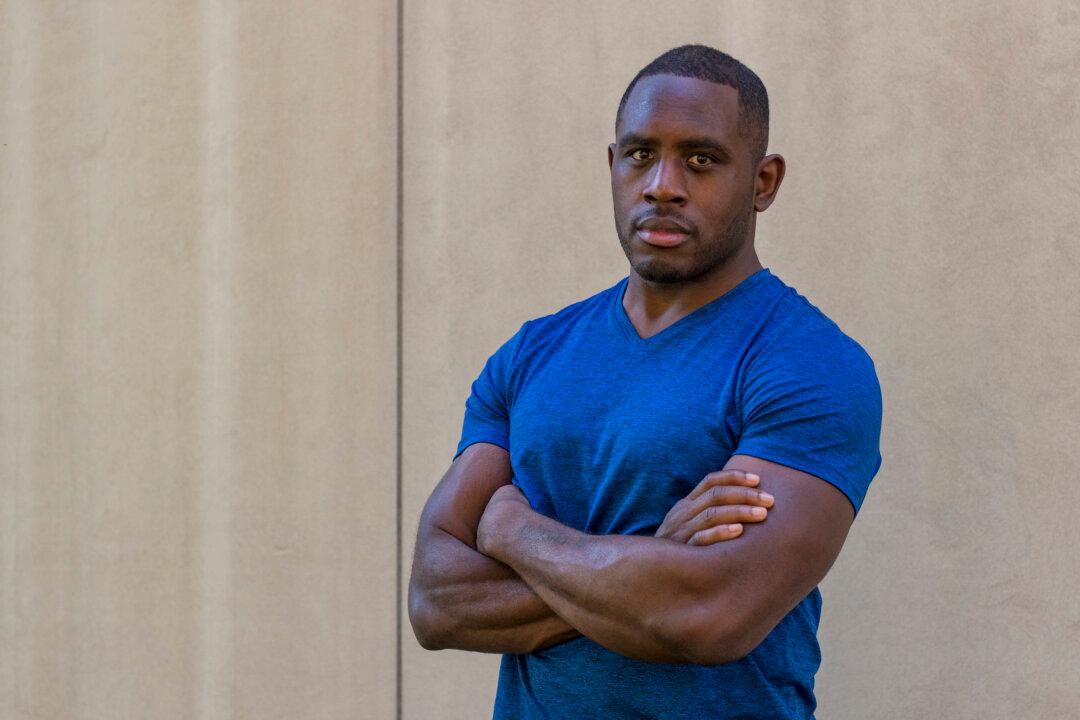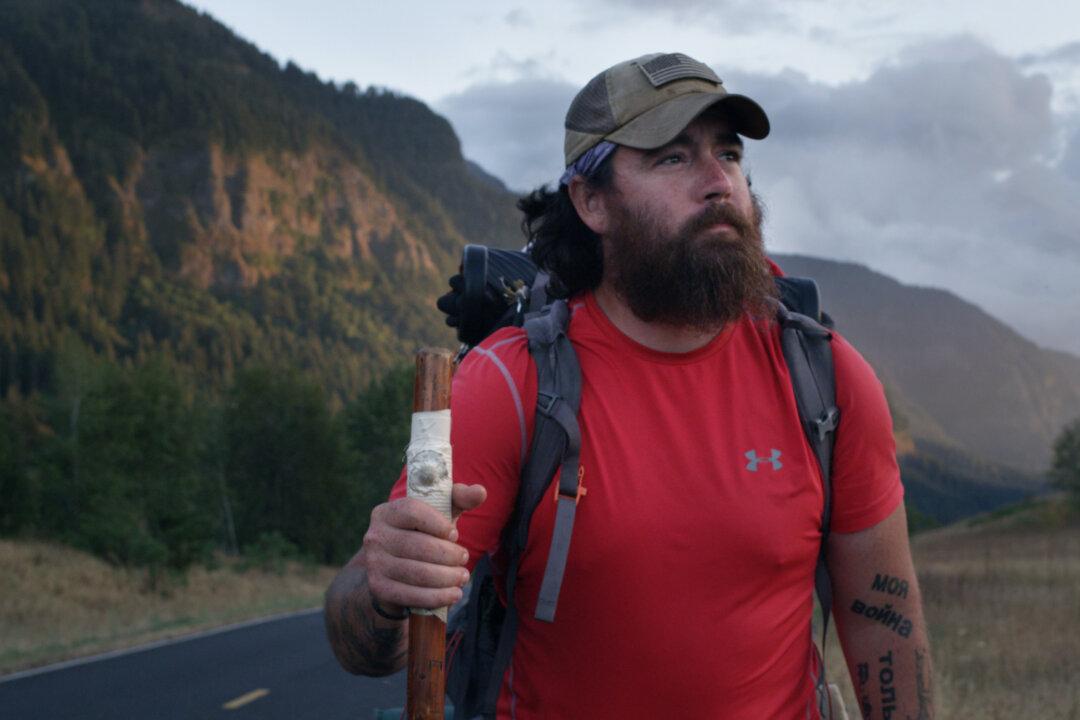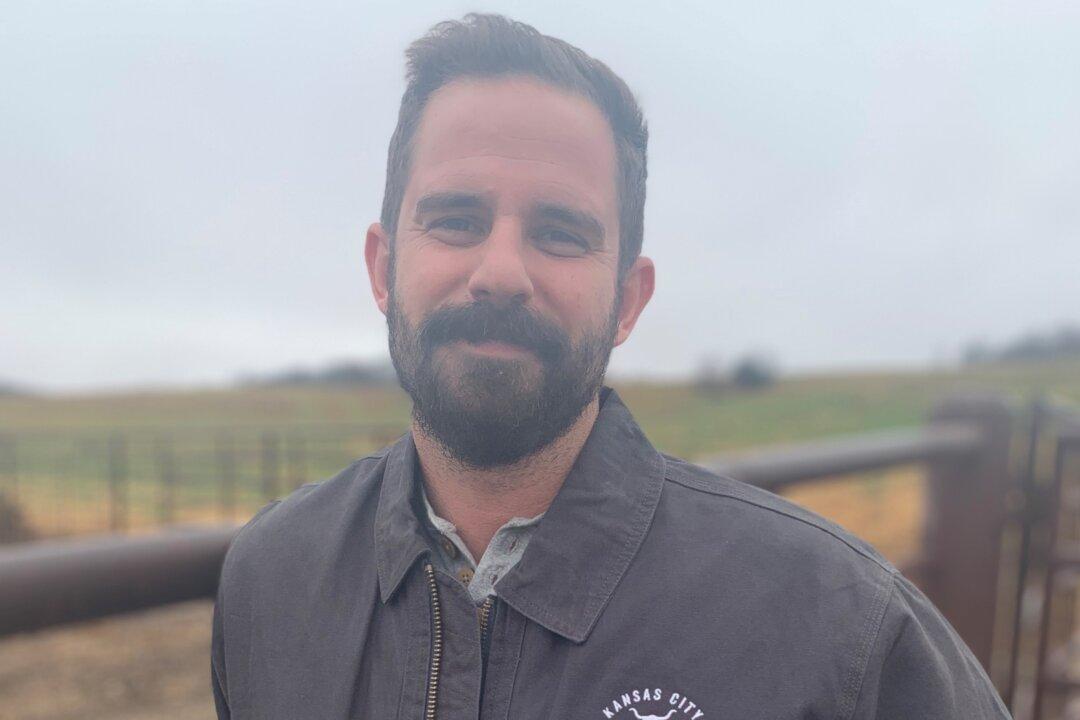NEW YORK—It was March 15, 2006, and Barbara Newman-Mannix’s husband Jim had not been feeling well for three months. The couple was sitting in an anteroom at Columbia Presbyterian Hospital when they received the news: Jim had terminal stomach cancer.
For some reason, Mannix’s first thought after hearing the diagnosis was the New York Yankees versus Boston Red Sox baseball tickets they had gotten for their twins’ birthday on June 6.






